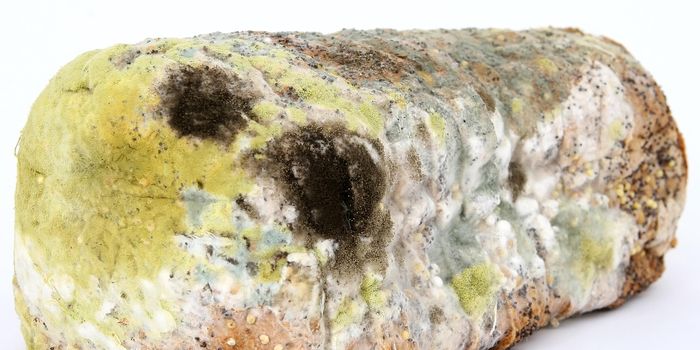Delivering A New HIV Vaccine
Creating a successful vaccine for HIV has so far been unsuccessful, but now scientists are zeroing in on two important factors for perfecting the vaccine: timing and mode of delivery.
The potential HIV vaccine is based on neutralizing antibodies, which attach to viruses and prevent them from promoting infection. However, in the past neutralizing antibodies have been “notoriously difficult” to create in the context of targeting HIV. From the La Jolla Institute for Allergy and Immunology, researchers tested the efficacy of an optimized vaccine in non-human primates, a traditional model for studying HIV. However, the initial vaccine wasn’t successful at first.
"The animals' immune responses, although the right kind, weren't very robust and a few didn't respond at all," explained Colin Havenar-Daughton, PhD. "That caused significant concern that the immunogen wouldn't consistently trigger an effective immune response in all individuals in a human clinical trial."
They improved upon the vaccine, using subcutaneous delivery - under the skin like insulin and morphine injections. Additionally, they increased the time intervals between immunizations, ensuring a slow and steady delivery. This makes the vaccine’s effect stronger, activating the neutralizing antibodies.
"Depending on how we gave the vaccine, there was a bigger difference due to immunization route than we would have predicted," explained co-lead author Matthias Pauthner. "We can help translate what we know now into the clinic."
HIV in 2017
HIV is now relatively considered to be a “chronic, manageable disease” thanks to antiretroviral drugs that treat AIDS. Although, accessibility to these drugs isn’t guaranteed; only half of people living with HIV have access to treatment, and new people are contracting the disease every day. The new
"The vaccine candidates we worked with here are probably the most promising prototypes out there, and one will go into people in 2018," said Professor Dennis R. Burton, PhD.
The present study was published in the journal Immunity.
Source: La Jolla Institute for Allergy and Immunology, Healthline









